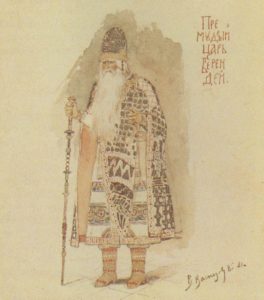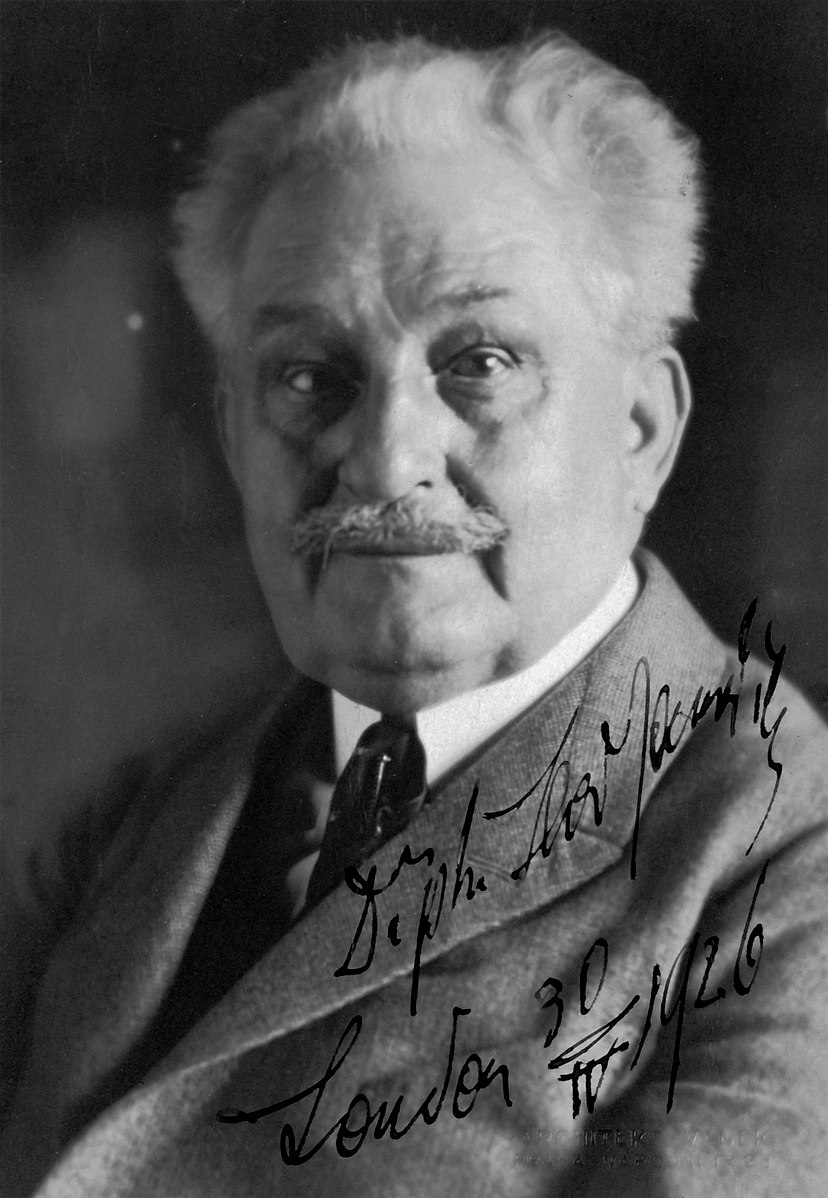Janáček, Pohádka

Leoš Janáček (1854-1928) composed Pohádka in 1910. Pohádka means tale (or fairy tale) in Czech, so we can consider it in our recent series focusing on music for children.
The tale is based on the epic poem The Tale of Tsar Berendyey by Vasily Zhukovsky (1783-1852). Zhukovsky’s life and work would be a good topic for us to explore on this site based on his importance to Russian literature, Romanticism, and his connections to Pushkin and Goethe. But I will leave that for Professor Carol to address some day since it takes us too far from Janáček and Pohádka.
While Pohádka does not track the narrative of the tale, it follows a narrative style and depicts some of the settings of the tale. Janáček had a tendency to conceive his works with a programmatic idea, but then develop the composition according to musical considerations that often left little trace of its programmatic origin.
 Janáček’s music often reflects his interest in childhood and fairytales. His opera The Cunning Little Vixen (premiered in 1924) with its animal characters and folk melodies is frequently performed.
Janáček’s music often reflects his interest in childhood and fairytales. His opera The Cunning Little Vixen (premiered in 1924) with its animal characters and folk melodies is frequently performed.
But the real landmark in Janáček’s career was the opera Jenůfa. First performed in Brno in 1904, a revised version of the opera presented in 1916 in Prague cemented Janáček’s fame and importance to Czech music. (Jenůfa is not a work for children.)
In 1888, Janáček traveled through his native region of Moravia collecting folk songs. As we have seen with many other composers of this period (many of whom, like Janáček, did their own field research), folk music provided a pathway to the development of an authentic national style. Folk elements would remain a prominent feature of his music.



